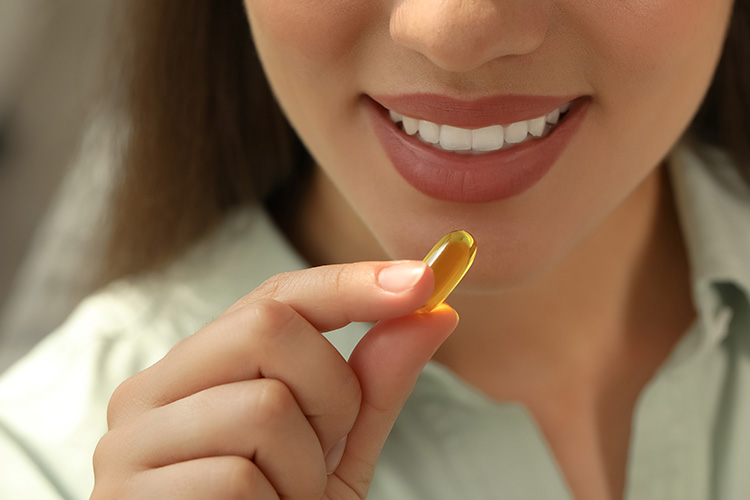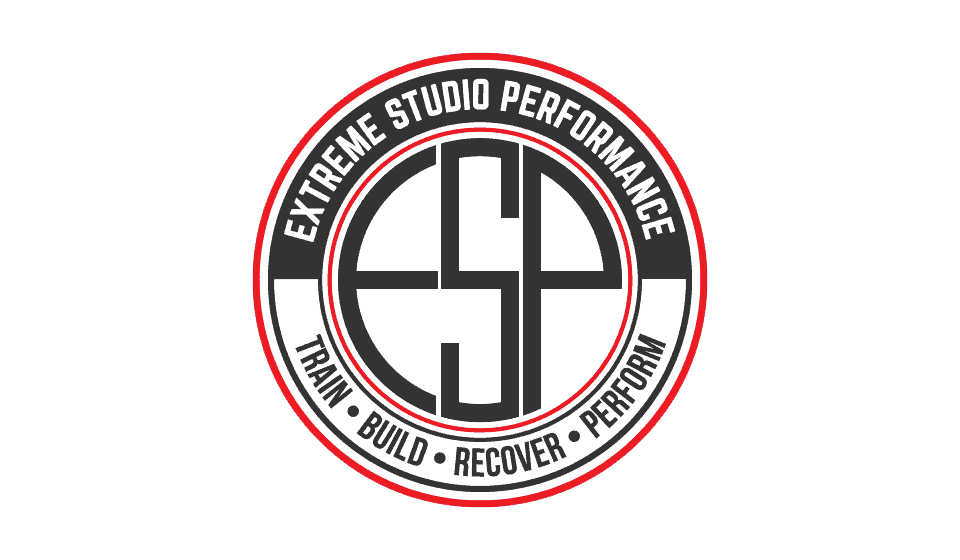
Have you heard that you shouldn’t take copper and zinc together because one might cancel out the other’s benefits?
I heard that, so I started doing some research. Pretty soon, I also found recommendations that you should take them together because zinc can cause copper deficiencies. Let’s take a closer look at this topic and see which of these recommendations we should listen to.
 Benefits of Zinc
Benefits of Zinc
Zinc is an essential nutrient. Our bodies don’t make zinc, so we need to get it from food sources and/or supplements.
Lots of people take zinc lozenges to help fight off colds. Zinc boosts the immune system, and studies have shown that taking zinc can reduce how long a cold lasts by up to 33%.
Zinc can also help reduce inflammation. It may play a role in managing blood sugar levels as well. Other studies show benefits for improving heart health, slowing macular degeneration, treating acne, and protecting against chronic illness.
Benefits of Copper
Copper is also vitally important for our bodies, but we need very small amounts of it. Most people get enough from their diets.
Our bodies use copper to make red blood cells, regulate our heart rate and blood pressure, and build our bones, connective tissues, and organs. It also plays a role in the immune system and helps our bodies absorb iron.
How Zinc and Copper Interact
Zinc inhibits the absorption of copper by your body. Over time, taking high doses of zinc can lead to copper deficiency. At the same time, if you take zinc and copper together to offset the lower copper levels caused by zinc, the zinc can still prevent your body from absorbing the copper.
When taking supplements, doctors recommend a ratio of 8-15 mg zinc for each 1 mg copper. Most good-quality multivitamins maintain this ratio. Typically, healthy individuals do not need to take separate zinc and copper supplements. A balanced multivitamin is fine. If you take separate supplements, though, most people should maintain the recommended ratio and take the zinc and copper separately at least 2 hours apart.
Should You Take Zinc and/or Copper?
Most people don’t need supplemental zinc or copper. We usually get enough of both in the foods we eat, especially if we are eating balanced and healthy diets. Foods that contain zinc include meats, seafood, nuts, seeds, legumes, and dairy. Foods that contain copper include shellfish, organ meats, vegetables, grains, peanuts, and seeds. Meeting with one of our nutrition coaches is a great way to ensure you’re eating a healthy diet that is right for your body.
If you do take supplemental zinc or copper, the amount found in a multivitamin is typically enough. You can also add zinc lozenges temporarily if you have a cold.
Some people are at higher risk of zinc or copper deficiency. For example, people who have had bariatric surgery might need to supplement with both minerals. Others are at higher risk for overdosing on zinc or copper and developing zinc or copper toxicity. For example, people with Wilson’s disease should never take copper, and often take zinc to help reduce copper absorption. Always talk with a doctor before adding a zinc or copper supplement to your routine, especially if you have a medical condition or take medication.
